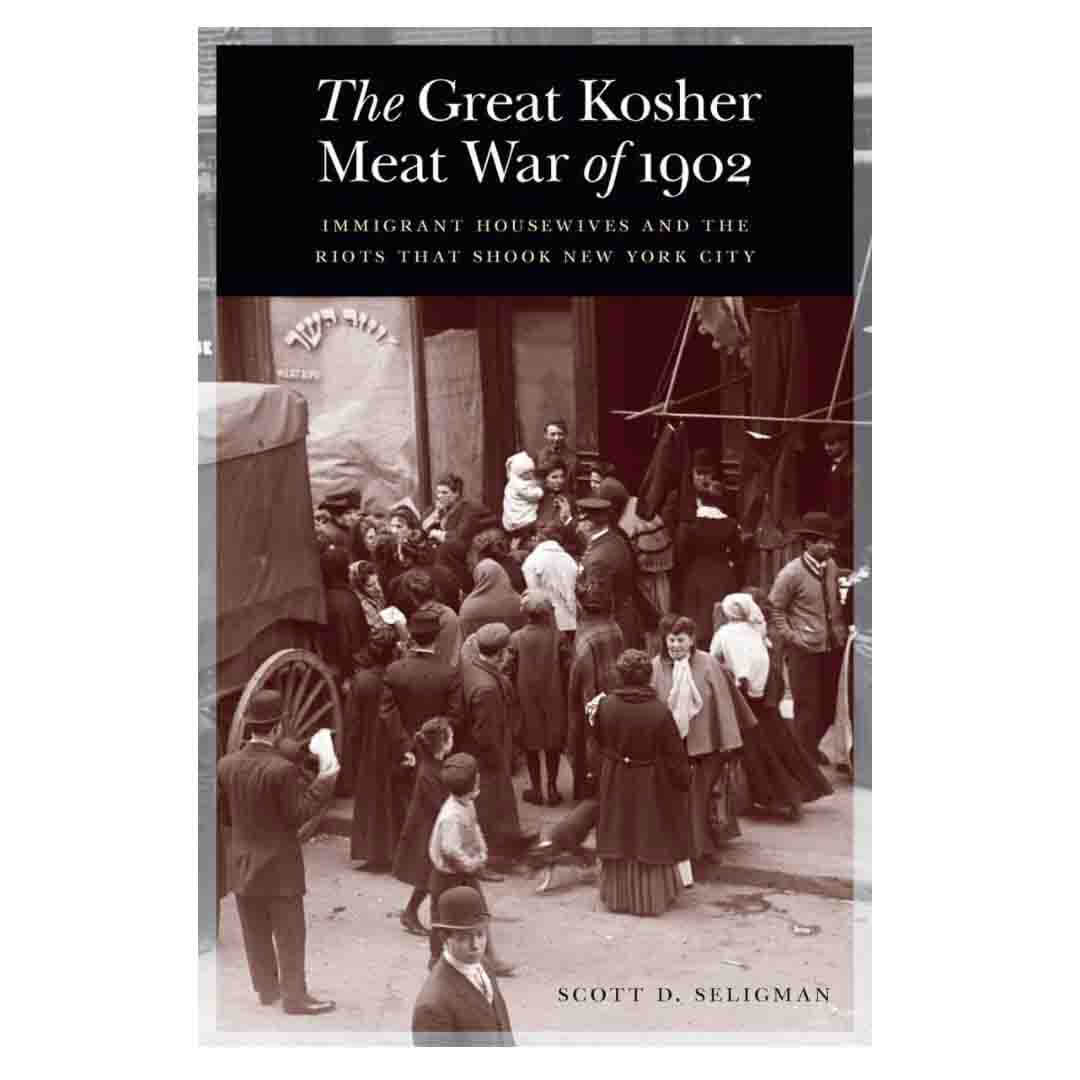
via ZOOM, facilitated by Howard Schickler
Our next stop on our Random Walk is the Lower East Side of Manhattan in 1902.
If you are interested in receiving supplemental materials related to this topic, please let Howard know by clicking here. hschickler@sbcglobal.net
The price of Kosher meat rose overnight by 50% and the women of the Lower East Side rose in anger. The women’s strike followed an unsuccessful attempt by local butchers to stand up to the meat trusts.
That same day, Sarah Edelson called a meeting at her family’s Monroe Street saloon to discuss the matter. She expected 50 fellow homemakers. When more than 500 showed up, the talk turned to activism. It was her neighbor, 35-year-old Fanny Levy, who summed up the mood in the room. “This is their strike?” she noted sarcastically of the butchers’ shutdown. “Let the women make a strike; then there will be a strike!”
Howard has located and watched a very entertaining presentation by Scott Seligman, the author of The Great Kosher Meat War of 1902.
A summary of the book (and the talk) is below:
In the wee hours of May 15, 1902, three thousand Jewish women quietly took up positions on the streets of Manhattan’s Lower East Side. Convinced by the latest jump in the price of kosher meat that they were being gouged, they assembled in squads of five, intent on shutting down every kosher butcher shop in New York’s Jewish quarter.
What was conceived as a nonviolent effort did not remain so for long. Customers who crossed the picket lines were heckled and assaulted and their parcels of meat hurled into the gutters. Butchers who remained open were attacked, their windows smashed, stock ruined, equipment destroyed. Brutal blows from police nightsticks sent women to local hospitals and to court. But soon Jewish housewives throughout the area took to the streets in solidarity, while the butchers either shut their doors or had their doors shut for them. The newspapers called it a modern Jewish Boston Tea Party.
The Great Kosher Meat War of 1902 tells the twin stories of mostly uneducated women immigrants who discovered their collective consumer power and of the Beef Trust, the midwestern cartel that conspired to keep meat prices high despite efforts by the U.S. government to curtail its nefarious practices. With few resources and little experience but steely determination, this group of women organized themselves into a potent fighting force and, in their first foray into the political arena in their adopted country, successfully challenged powerful, vested corporate interests and set a pattern for future generations to follow.